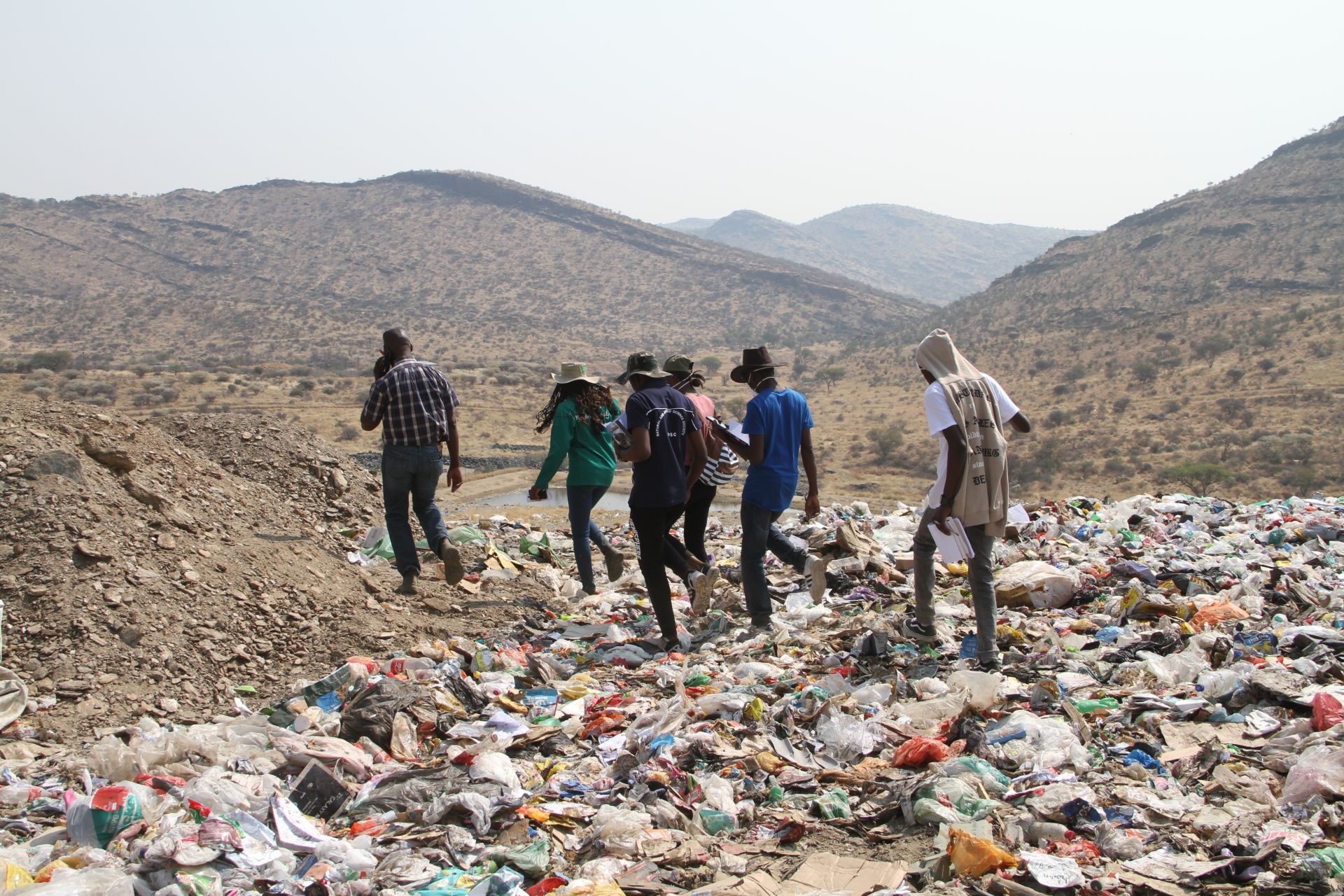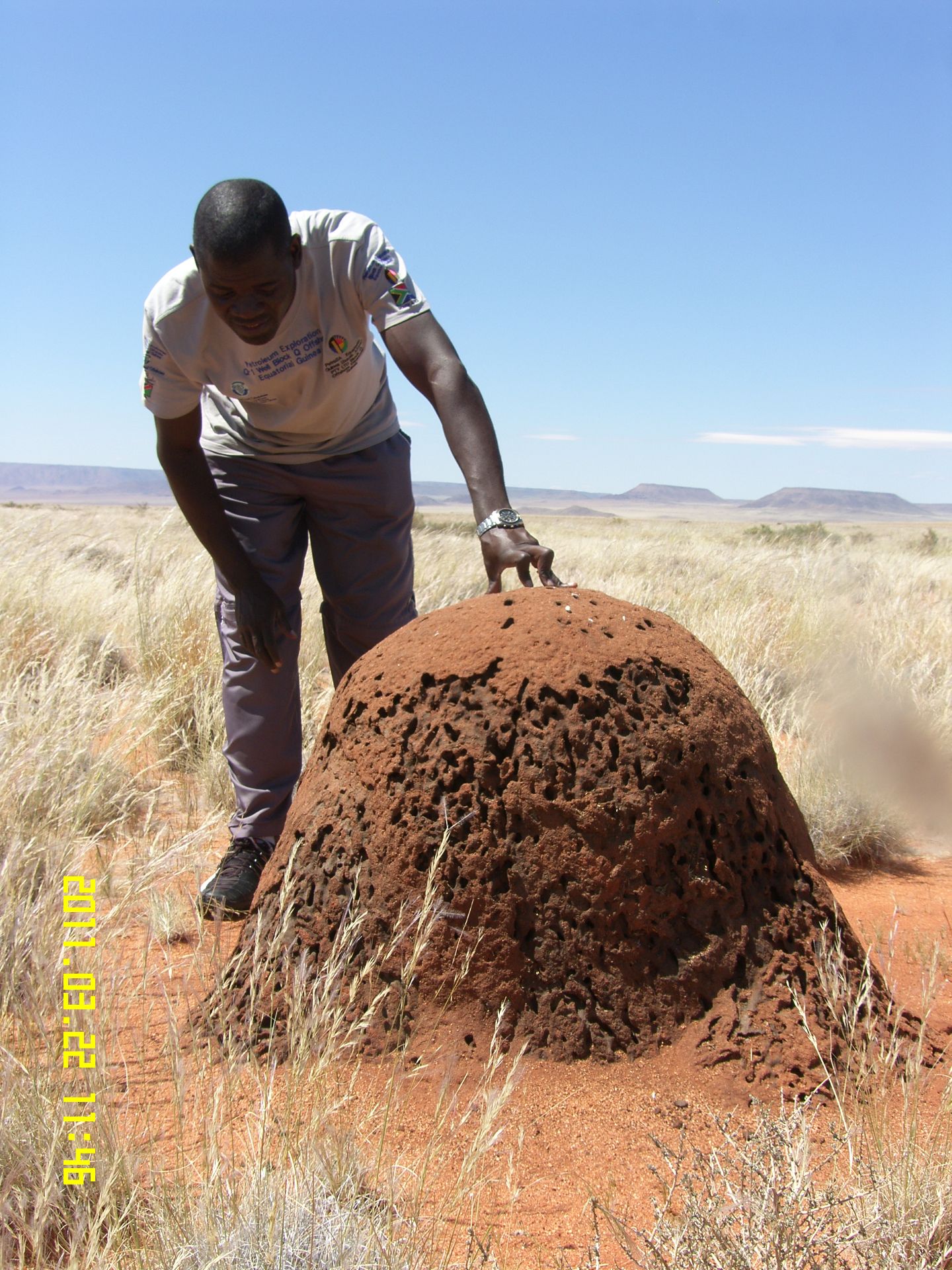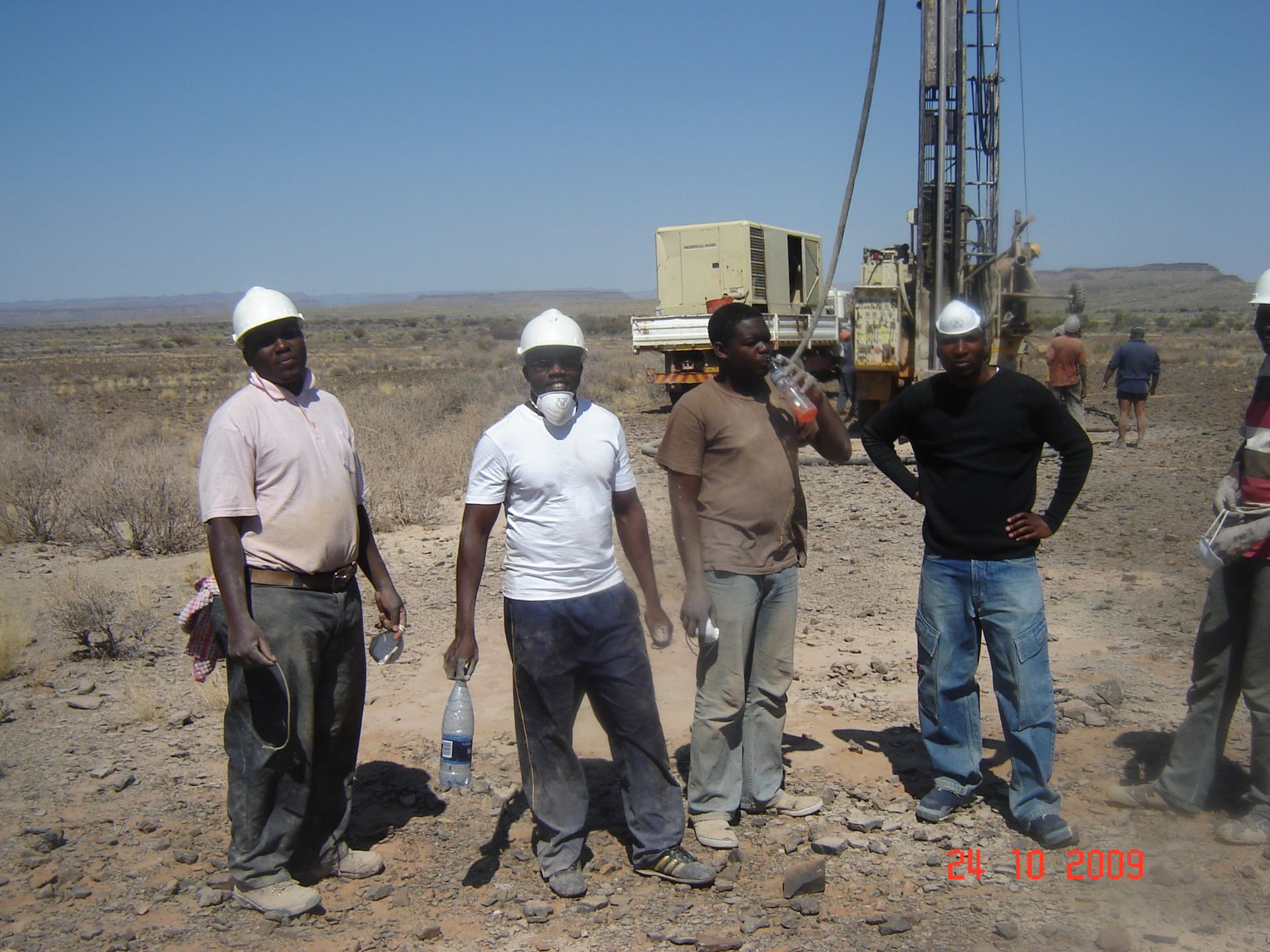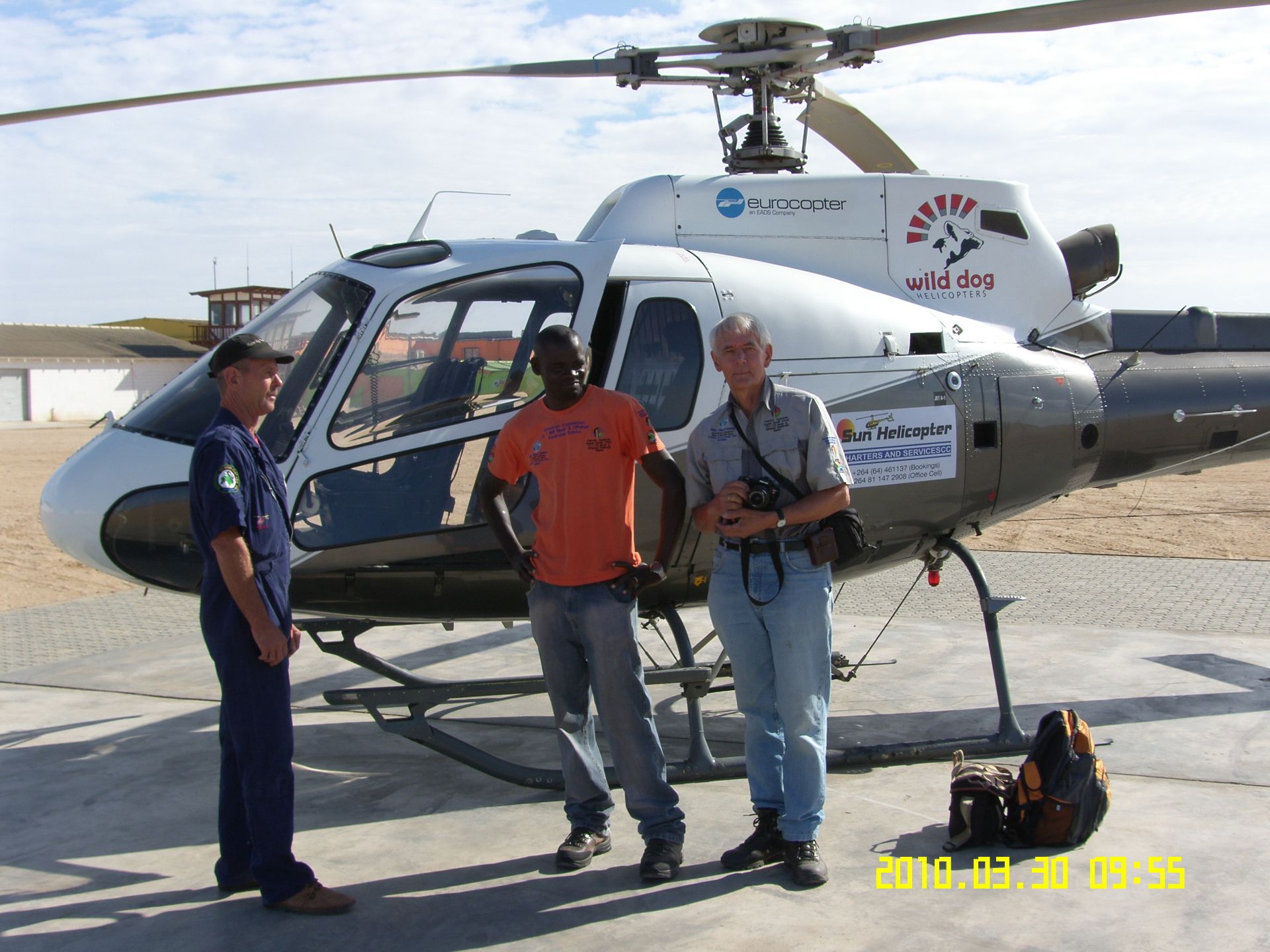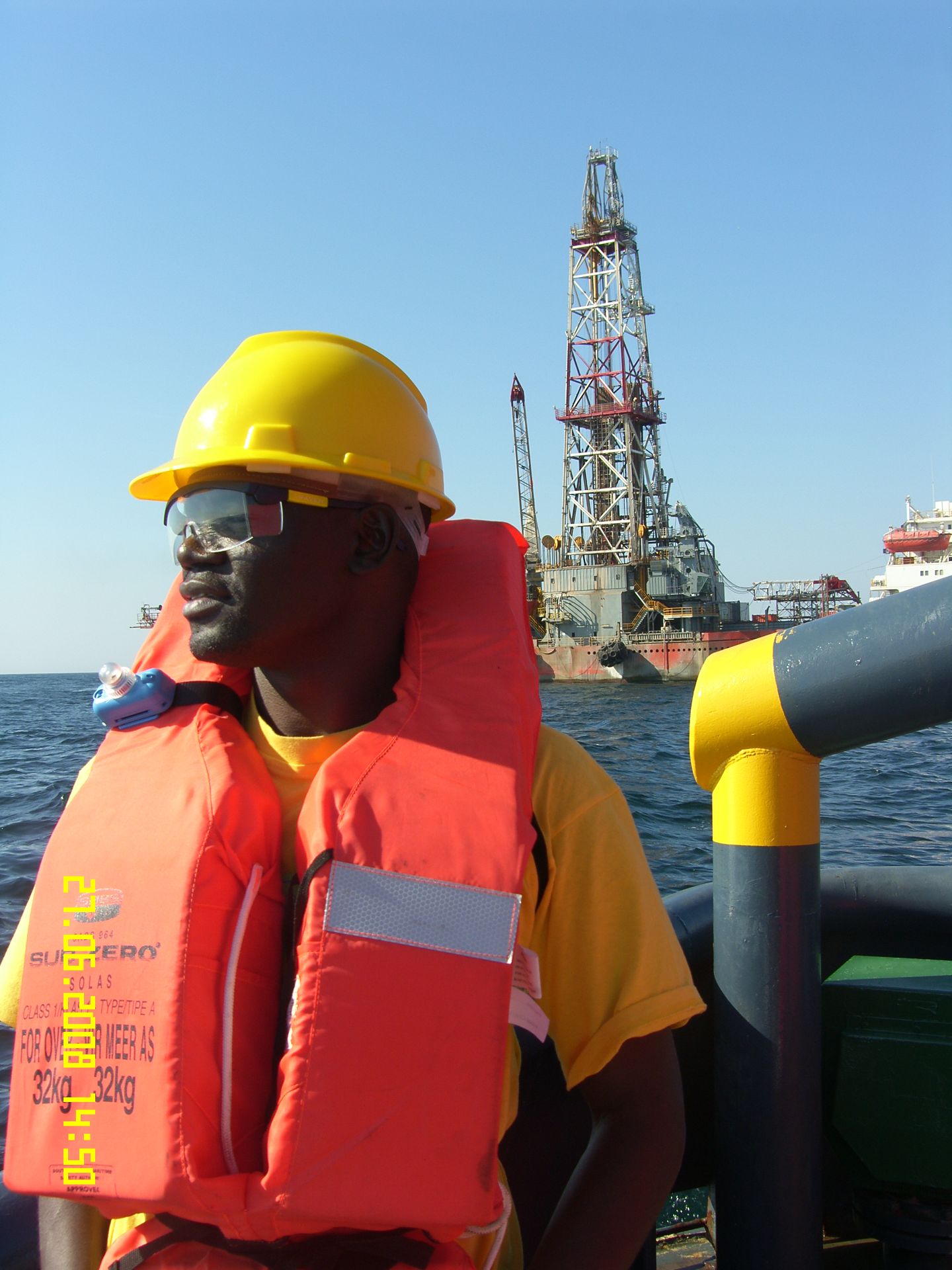The product from our researches such as publications, maps and reports form part of the resource centre of the company. Our training and industry research programmes covers the following:
- Onshore and offshore mining and petroleum fields form exploration through production to final closure.
- Waste Management covering sustainable municipal and onshore and offshore mine and oil and gas waste management solutions, waste characterisation and waste minimisation programmes. We provide waste management systems development and implementation for small and large local government centres covering Economic assessments; Selection / Site Investigation; Development / Design; Operation /Management; Restoration, Monitoring & Aftercare services. At a strategic level, we specialise on Standards & guidelines on municipal landfills and mine waste disposal sites selection, development, design, operation, monitoring, restoration & aftercare Standards and guidelines on collection, transportation, storage, recycling, re-use, recovery & disposal options
- Applied Environment covering various Pollution Prevention (P2) and Cleaner Production (CP) programmes. We also undertake Contaminated Land Investigation Programmes (CLIPs), Strategic Environmental Assessments (SEAs), Environmental Impact Assessments (EIAs) and the development and implementation of Environmental Management Plans (EMPs) and Environmental Management Systems (EMSs). Being at the forefront of research and development in applied environmental management, Risk-Based Solution (RBS) has developed and offered a unique Seven (7) Steps, five (5) days Strategic Environmental Assessment (SEA) and Environmental Impact Assessment (EIA) practical short course tailored made for technicians and managers in Line Ministries (LM), Regional Councils (RC), Local Authorities (LA) and private sector industries. The course links legislative framework, practical and technical significance to a policy, plan, programme or project lifecycle. The course provides a strategic and site-specific perspective of regulators at different levels of Government (LM, RC and LA) with specific references to a specific site visit (fieldwork). The objective of this course is to give the participants a practical understanding of the key elements of the environment that may be affected by a policy, plan or programme activity in the case of SEA focus or project activities in the case of an EIA. Throughout the course, both the SEA and EIA focuses examine a wide range of practical Namibian issues covering all the stage of policies, plans, programme or project operations linked to SEA and EIA with respect to likely negative and positive impacts on the environment. Possible management of impacts both at SEA and EIA levels are also explored in more detail. The final thrust of the course deals with interpretation and management of SEA and EIA Reports with respect to Decisions Support Tools (DSTs).
- Geological engineering covering geotechnical engineering and engineering geology site investigations for various infrastructure developments and urban land use zoning. We use our Knowledge-Based GIS Thematic Mapping and Vulnerability Mapping Approaches as Decision Support Tools (DSTs) in responding, linking and developing integrated and sustainable solutions to challenges of ground engineering particularly for urban environment and big infrastructure development such roads, mines, fuel depot, dams, power stations etc.
Please contact us for the fee structure. The fees exclude transport, accommodation and other costs associated with undertaken the course outside Windhoek.
The training course is offered by Dr Sindila Mwiya who is highly qualified and experienced instructor of Risk-Based Solution (RBS), Namibia sometimes in collaboration with local, regional and international experts and institutions.
